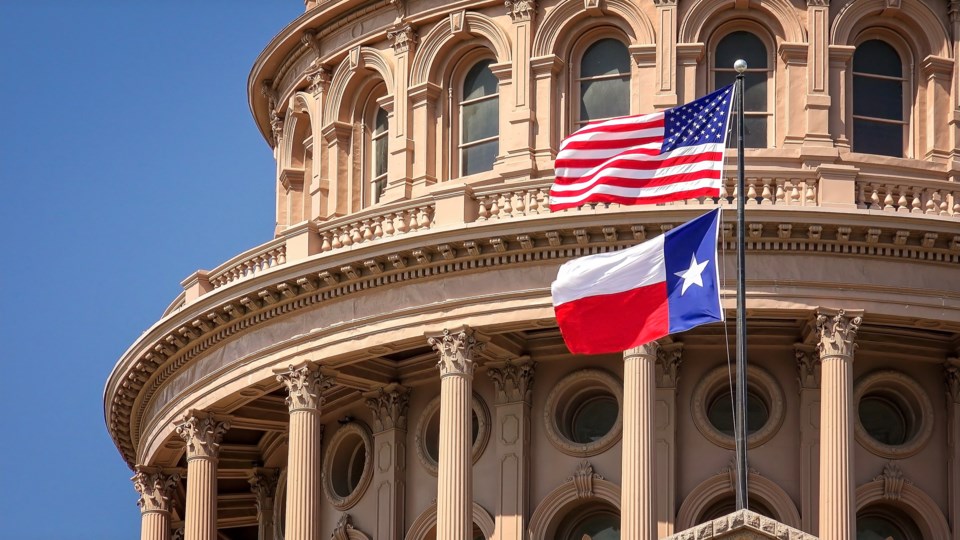Libertarian think tank CATO Institute released a report ranking 50 states by an index of personal and economic freedom. While landing high up in the economic freedom ranking in the 6th place, Texas was ranked last in personal freedom.
The report contrasts each state’s personal freedom index against levels of paternalism by examining 12 categories: incarceration and arrests for victimless crimes, tobacco freedom, gambling freedom, gun rights, educational freedom, marriage freedom, marijuana freedom, alcohol freedom, asset forfeiture, other mala prohibita (acts defined as criminal in statute, but which are not considered harms in common law) and miscellaneous civil liberties, travel freedom and campaign finance freedom.
Among the biggest issues regarding personal freedom in Texas, the report highlights the state’s aggressive justice policies that lead to a higher-than-average incarceration rate. Additionally, while drug arrests fell over time nearing the national average and access to medicinal marijuana expanded in 2021, Texas’ cannabis laws are the harshest in the country. According to authors William Ruger and Jason Sorens, cultivating as little as 7 grams carries a mandatory minimum of six months.
Another culprit for the institute is Texas’ low travel freedom. The report considered requiring fingerprints for driver’s licenses and a lack of regulation on automated license plate readers as the main issues in this matter.
Meanwhile, the report found that Texas did much better on the economic freedom side of the study, particularly the state’s decentralized fiscal policy that keeps state taxes at about 3.7% of income, almost half of the national average.
However, there is a caveat to CATO’s and other institutes’ reports on freedom. Over the past decade, social scientists have questioned the methodology and metrics chosen by studies that intend to measure freedom. Most prominently, scholars have questioned Freedom House’s construction and structure of its measuring instruments as politically biased. This scrutiny doesn’t criticize the study's findings, but rather how the issue is approached, casting a shadow of doubt over the scientific objectivity of the whole project.
According to Texas Monthly, the CATO Institute was co-founded by Charles Koch, a prominent donor of Gov. Greg Abbott. Several excerpts in the report show the political leaning of the authors. For example, when referring to the lack of personal freedom in education, the authors said that “[Texas’ education] has lagged behind other conservative states,” and that “at least private schools and homeschools are largely unregulated.”
Similarly, the categories chosen for the ranking are telling. Significantly for a libertarian institute, other categories that might have been considered as relevant to measure a state’s personal freedom/paternalism ratio such as levels of surveillance, LGBTQ+ and reproductive freedom did not make it to the list.




